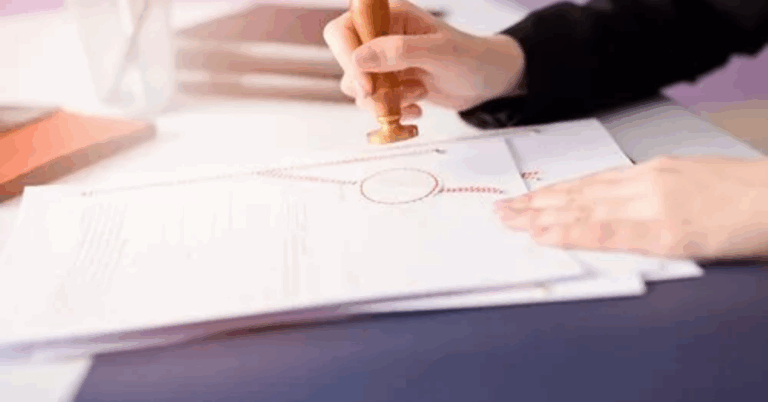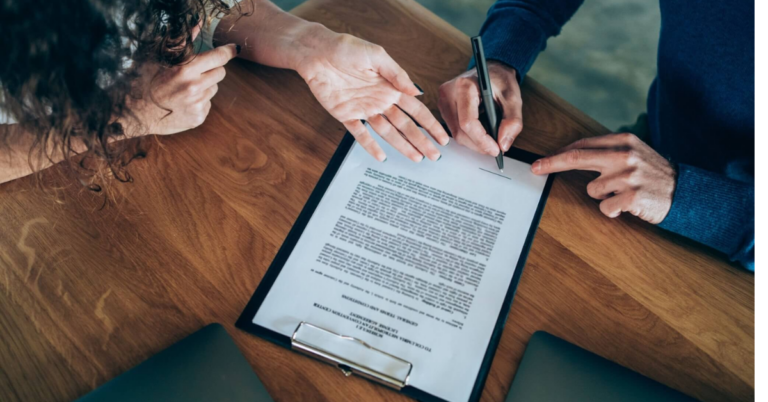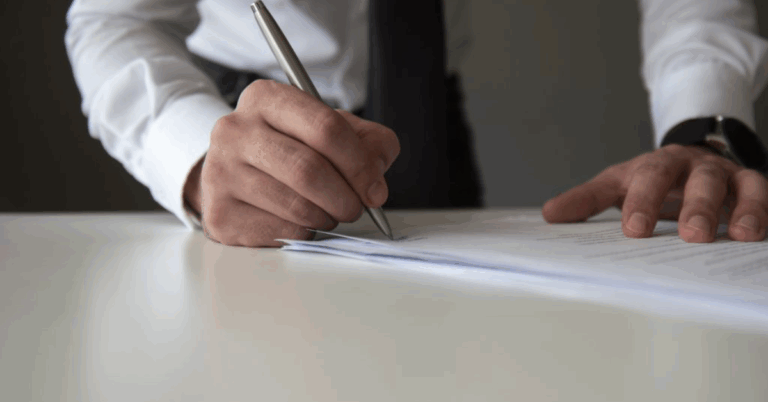Apostille Records: What They Are and How to Authenticate Them for International Use
In an increasingly globalized world, documents need to be legally recognized across borders for various purposes—whether personal, educational, or business-related. This is where Apostille Records come into play. But what exactly are apostille records, and why are they essential? More importantly, how can you get your records apostilled properly?
This comprehensive guide covers everything you need to know about apostille records, the authentication process, and how Rais Apostille Services can assist you in making your documents legally accepted worldwide.
What Are Apostille Records?
Apostille records refer to official documents that have been certified with an apostille—a form of authentication recognized by countries participating in the Hague Apostille Convention.
These records include a wide variety of documents such as:
-
Birth certificates
-
Marriage certificates
-
Death certificates
-
Academic transcripts and diplomas
-
Police clearance certificates
-
Court records
-
Business and corporate documents
The apostille is a stamp or certificate attached to the original document or its certified copy, verifying its authenticity and the legitimacy of the signature, seal, or stamp on the document.
Why Do You Need Apostille Records?
If you are planning to use your official documents in a foreign country, many governments require your records to be apostilled to accept them as genuine and legally valid.
Common reasons for apostille records include:
-
Immigration and visa applications: Governments require authenticated documents to prove identity and personal history.
-
Marriage or family-related processes: For registering marriages or births abroad.
-
Higher education enrollment: Universities and colleges may require apostilled transcripts or diplomas.
-
Employment abroad: Employers often request verified professional and personal documents.
-
Business and legal proceedings: International transactions, contracts, and court documents may need apostille certification.
-
Adoption and custody cases: To establish identity and legal status in another country.
Without apostille certification, your documents may not be accepted, leading to delays, rejections, or legal complications.
Which Documents Can Be Apostilled?
Apostille applies to public documents issued by a government or authorized authority. Here are the typical records eligible for apostille certification:
-
Vital records: birth, marriage, death certificates
-
Academic records: diplomas, degrees, transcripts
-
Notarized documents: affidavits, powers of attorney, contracts
-
Court documents: judgments, decrees, legal rulings
-
Business documents: certificates of incorporation, licenses
Private documents generally cannot be apostilled unless notarized and issued or certified by an authorized public officer.
The Apostille Process Explained
Step 1: Obtain a Certified Copy of Your Record
Before you can get an apostille, you must obtain an official certified copy of your document from the relevant authority (e.g., vital records office, educational institution).
Step 2: Authentication by Local Authorities
The document is first authenticated by the relevant government department, such as the Secretary of State in the issuing region or country.
Step 3: Issuance of Apostille Certificate
Once authenticated, the apostille certificate is issued and attached to the document. This certificate confirms the authority of the official who signed or stamped the document.
Step 4: Use Your Apostilled Record Internationally
With the apostille attached, your records are recognized as valid by all countries that are members of the Hague Apostille Convention.
Countries That Accept Apostille Records
Over 120 countries are members of the Hague Apostille Convention, meaning they accept apostilled documents without further legalization. This simplifies international document use immensely.
Some of the member countries include:
-
United States
-
United Kingdom
-
Australia
-
France
-
Germany
-
Japan
-
Mexico
-
South Africa
-
India (only for documents issued after October 2023)
-
And many more
If your destination country is not a member, different legalization procedures apply.
How Rais Apostille Services Facilitates Apostille Records
At Rais Apostille Services, we understand that apostilling records can be complex, especially with varying requirements depending on the document type and destination country.
We offer:
-
Expert consultation on which documents require apostille or legalization.
-
Assistance obtaining certified copies from issuing authorities.
-
Coordination with government offices for authentication.
-
Submission of documents to competent authorities for apostille certification.
-
Guidance on translation and notarization requirements.
-
Fast, secure, and reliable service ensuring timely delivery.
Our team ensures your apostille records are processed correctly, so you avoid delays or document rejection abroad.
What If My Country Does Not Issue Apostilles?
If your country is not part of the Hague Apostille Convention, documents usually require consular legalization or embassy legalization after authentication.
Rais Apostille Services also provides support with consular legalization processes, helping you navigate the steps required to authenticate your records for international acceptance.
Frequently Asked Questions (FAQs) About Apostille Records
1. What exactly is an apostille, and how does it differ from notarization?
An apostille authenticates the signature and authority of the official who issued or certified a document. Notarization verifies the identity of the signatory of a document but does not certify its acceptance abroad. Apostilles are used specifically for international document recognition.
2. How can I tell if my document needs an apostille?
If you plan to use your records in a country that is a member of the Hague Apostille Convention, an apostille is typically required. It’s best to confirm with the destination country’s embassy or consulate.
3. How long does the apostille process take?
Timing depends on the type of document and the issuing office. It can take anywhere from a few days to several weeks. Using professional services like Rais Apostille Services can expedite the process.
4. Can private documents be apostilled?
Generally, private documents are not eligible unless they have been notarized and certified by a competent authority.
5. Are translations needed for apostille records?
Some countries require translated documents in their official language. Certified translations may be needed along with apostille certification.
6. How much does apostille certification cost?
Costs vary based on government fees and service charges. Rais Apostille Services offers transparent pricing customized to your needs.
7. Can I apostille my records myself?
You can, but the process can be complicated. Professional services reduce errors, speed up processing, and help navigate country-specific requirements.
Tips for a Smooth Apostille Records Process
-
Always obtain a certified copy of your document from the issuing authority.
-
Research the destination country’s specific requirements for apostille or legalization.
-
Check if notarization or translation is needed before apostille.
-
Use a reputable apostille service to avoid costly mistakes.
-
Start early to allow time for processing delays.
Conclusion
Apostille records are essential for anyone needing to use official documents abroad. Whether for immigration, education, marriage, or business, ensuring your records are properly apostilled guarantees they will be recognized by foreign governments.
Since the apostille process involves multiple steps and varies by document type and country, partnering with an experienced provider like Rais Apostille Services is the smartest way to get your records authenticated efficiently and correctly.
If you need help with apostille records, reach out to Rais Apostille Services today to get expert assistance and smooth, hassle-free document authentication.







